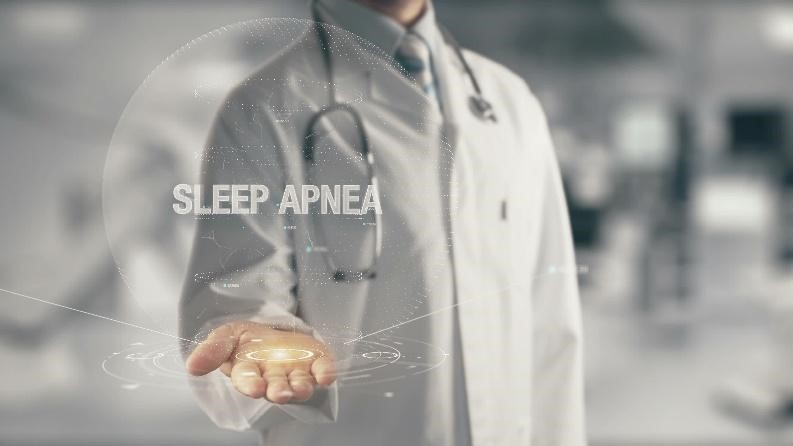Table of Contents
Therapy for People Who Suffer Holding Breath While Sleeping
If you have sleep apnea, chances are you may not realize it even after a long period of making noise while sleeping. However, it is associated with diabetes, heart disease, among other conditions, and can put your life at risk.

Sleep is characterized by dynamic changes throughout the body. It consists of various phases, and as you move through them, your breathing pattern, blood pressure, and body temperature will fall and rise regularly. You may also continue puffing on exhale during sleep.
Tension in your muscles stays the same as when you are awake, except during rapid eye movement sleep (REM) phases, which account for up to a quarter of your sleep. During these phases, most major muscle groups ease considerably. However, if your throat muscles relax excessively, your airway will collapse and become blocked. The resulting condition is obstructive sleep apnoea, from the Greek ápnoia, or ‘breathless.’
When you have sleep apnoea, your air supply is repeatedly interrupted. That causes blood oxygen levels to plunge, causing snoring on exhale through mouth. You then stir, gasp and struggle to breathe. This can happen hundreds of times throughout the night, and the ill-effects are several and severe.
Sleep apnoea puts a strain on the heart, as it races to pump blood more rapidly to compensate for the oxygen deficiency. Fluctuating oxygen levels also cause plaque to build up in the arteries. In turn, that may increase the risk of cardiovascular disease, hypertension, and stroke. The US National Commission on Sleep Disorders Research estimated that 38,000 Americans were dying of heart disease aggravated by worst cases of sleep apnea every year in the mid-1990s.

Research is now scrambling to catch up and establish the remedy to rapid shallow breathing while sleeping. Medical science has been working overtime to find a suitable solution from in-depth studies of hypoxia – how the body reacts to a lack of oxygen. More new types of surgeries and appliances for treating the condition are being sorted. Out of the billion or so people across the globe struggling with sleep apnoea, most are not even aware of it, leaver alone minding to receive treatment.
While there are enduring risk factors for sleep apnoea, including obesity, a large neck or large tonsils, a small jaw, or getting older, the condition does not present itself until after an individual falls asleep. One may also start experiencing moments where he or she may stop breathing while awake. An ideal way to diagnose it is to monitor someone’s sleep through sleep therapy or at a sleep center lab.




 Shop
Shop



